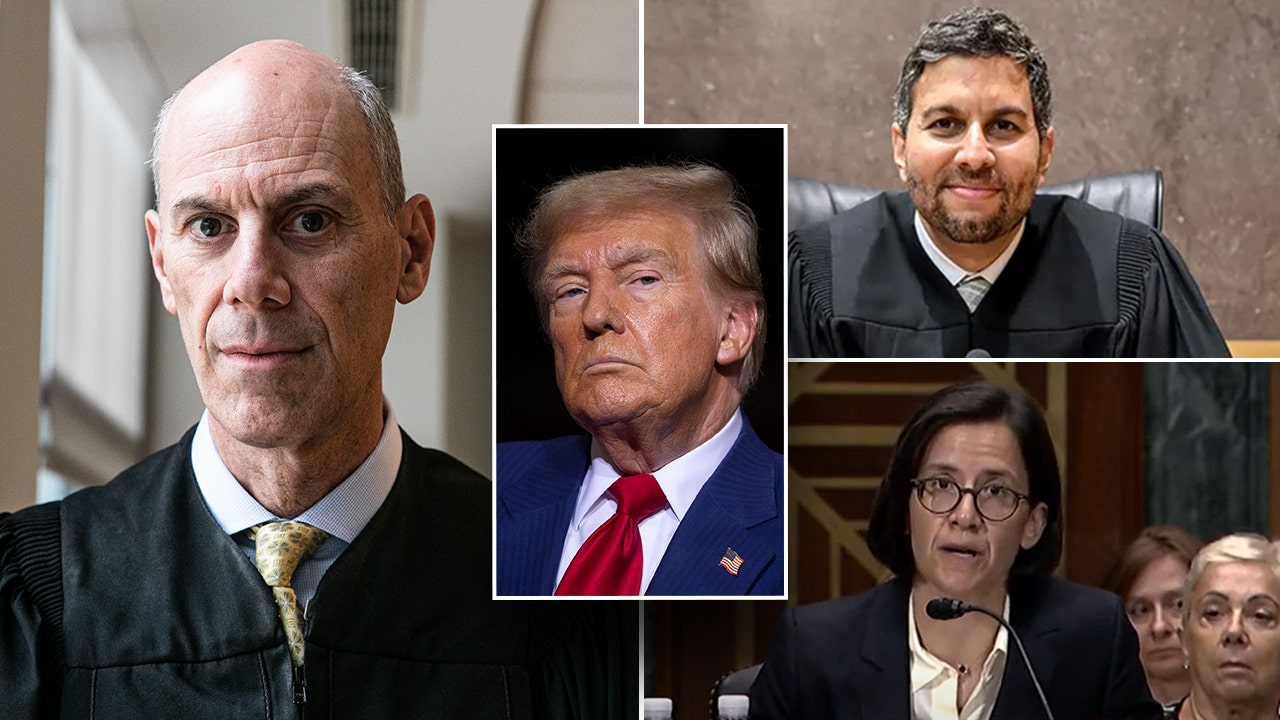Some judges blocking Trump managed to get bipartisan support in the Senate

As federal judges continue to set records with a barrage of nationwide orders blocking President Donald Trump’s actions, questions have arisen about the confirmation process and whether Republicans could have anticipated these rulings or taken more steps to prevent them. Senator Josh Hawley, a member of the Senate Judiciary Committee, explained his stance on voting against Biden’s judges, citing concerns about their fidelity to the rule of law.
Since Trump took office, he has faced a significant number of nationwide injunctions, far surpassing those of his predecessors. The courts have issued around 15 wide-ranging orders against his administration in his current term alone. Some of the judges responsible for these rulings include James Boasberg, Amir Ali, and Ana Reyes, among others. These judges were confirmed through various means, some with bipartisan support and others facing opposition from Republican senators.
Former Trump attorney Jim Trusty expressed surprise at the level of legal challenges faced by the Trump administration, attributing it to an “army of lawyers” seeking to obstruct the President’s agenda. Andy McCarthy, a former assistant U.S. attorney, highlighted missed opportunities by Republicans to block Biden’s judicial appointments, particularly during his lame-duck period.
John Yoo, a former Deputy Assistant Attorney General, emphasized the unpredictability of judges’ rulings and the limitations of senators in assessing their future decisions. Thomas Jipping, a legal fellow at the Heritage Foundation, pointed out the challenges of blocking controversial nominees due to the lack of filibuster options.
Efforts to seek clarification from former Republican Senate Leader Mitch McConnell and Senate Judiciary Committee Chairman Chuck Grassley on the confirmation process yielded responses focused on legal scrutiny and upcoming hearings on nationwide injunctions. Grassley’s office indicated that the committee would closely examine the recent surge of judicial decisions and explore potential legislative solutions.
In conclusion, the issue of federal judges issuing nationwide injunctions against the President’s actions remains a complex and contentious matter. The confirmation process, the role of the judiciary in checking executive power, and the challenges faced by lawmakers in scrutinizing nominees all play a part in this ongoing debate. The upcoming hearings and legislative discussions promise to shed more light on this issue in the weeks ahead.




